I'm working on a chat client using the firebase realtime database as the database. The way that it currently works is that it saves a chat log between two people in a chat collection with each entry in the following format <uid>-<uid>. This works great as it just looks your uid and the uid of the person you want to chat with and then sorts them, so it's always a consistent format and then it looks if that entry exists on the chat collection and if so, it just adds to that entry. Otherwise it creates a new one.
This works awesome. I'm trying to think ahead though if we want to be able to have multiple people talk together like in slack. I could just add 3 or even 4 people's uid as the key but eventually it's going to be insanely long. The limitation of a firebase key is 768 Bytes. Apparently that's somewhere between 500 and 700 characters. I doubt we will have the key get that long, but if we can figure out a solution that is more scalable now and won't require us to fix our data later, i'd rather do that. I was thinking that each chat entry could have a participants array with the uid's of all the users in that chat. Then if you want to chat with someone, we would need to query all chat entries and check the arrays in each of them for the current user uid and the uid of the person(s) they want to chat with. That doesn't seem very efficient though.
Any thoughts on which implementation is better / more scalable / performant? Or perhaps a suggestion for another implementation?
